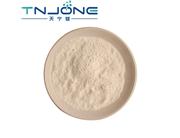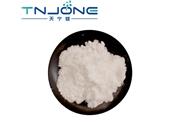Factory Provide CAS 50-63-5 Chloroquine Phosphate Chloroquine Diphosphate

Introduction
Product Name :Chloroquine Phosphate ;Chloroquine Diphosphate
Other name:7-chlor-4-(4-(diaethylamino)-1-methylbutylamino)-chinolindiphosphat;ARALEN PHOSPHATE;CHLOROQUINE DIPHOSPHATE;CHLOROQUINE DIPHOSPHATE SALT;CHLOROQUINE PHOSPHAT
CAS No.: 50-63-5
MF:C18H32ClN3O8P2

MW:515.86
Appearance: White powder
Melting Point :200 °C (dec.) (lit.)
Storage :Keep in dark place,Sealed in dry,Room Temperature
Chloroquine diphosphate is the phosphate salt of chloroquine, compound with antimalarial and anti-inflammatory properties. Chloroquine is the most widely used drug against malaria, except for those cases caused by chloroquine resistant Plasmodium falciparum. Although the mechanism of action is not fully understood, chloroquine is shown to inhibit the parasitic enzyme heme polymerase that converts the toxic heme into non-toxic hemazoin, thereby resulting in the accumulation of toxic heme within the parasite. Chloroquine may also interfere with the biosynthesis of nucleic acids.
Function of chloroquine phosphate
1. For the treatment of chloroquine-sensitive falciparum malaria, vivax malaria and three malaria.
2. Can be used for the prevention of malaria symptoms.
3. Can also be used for the treatment of parenteral amoebiasis, connective tissue disease, light-sensitive diseases (such as sunburn erythema) and so on..
Application
Malaria
Chloroquine has long been used in the treatment or prevention of malaria from Plasmodium vivax, P. ovale, and P. malariae. After the malaria parasite Plasmodium falciparum started to develop widespread resistance to it.
Chloroquine has been extensively used in mass drug administrations, which may have contributed to the emergence and spread of resistance. It is recommended to check if chloroquine is still effective in the region prior to using it. In areas where resistance is present, other antimalarials, such as mefloquine or atovaquone, may be used instead. The Centers for Disease Control and Prevention recommend against treatment of malaria with chloroquine alone due to more effective combinations.
Amebiasis
In treatment of amoebic liver abscess, chloroquine may be used instead of or in addition to other medications in the event of failure of improvement with metronidazole or another nitroimidazole within 5 days or intolerance to metronidazole or a nitroimidazole.
Rheumatic disease
As it mildly suppresses the immune system, it is used in some autoimmune disorders, such as rheumatoid arthritis and lupus erythematosus. 
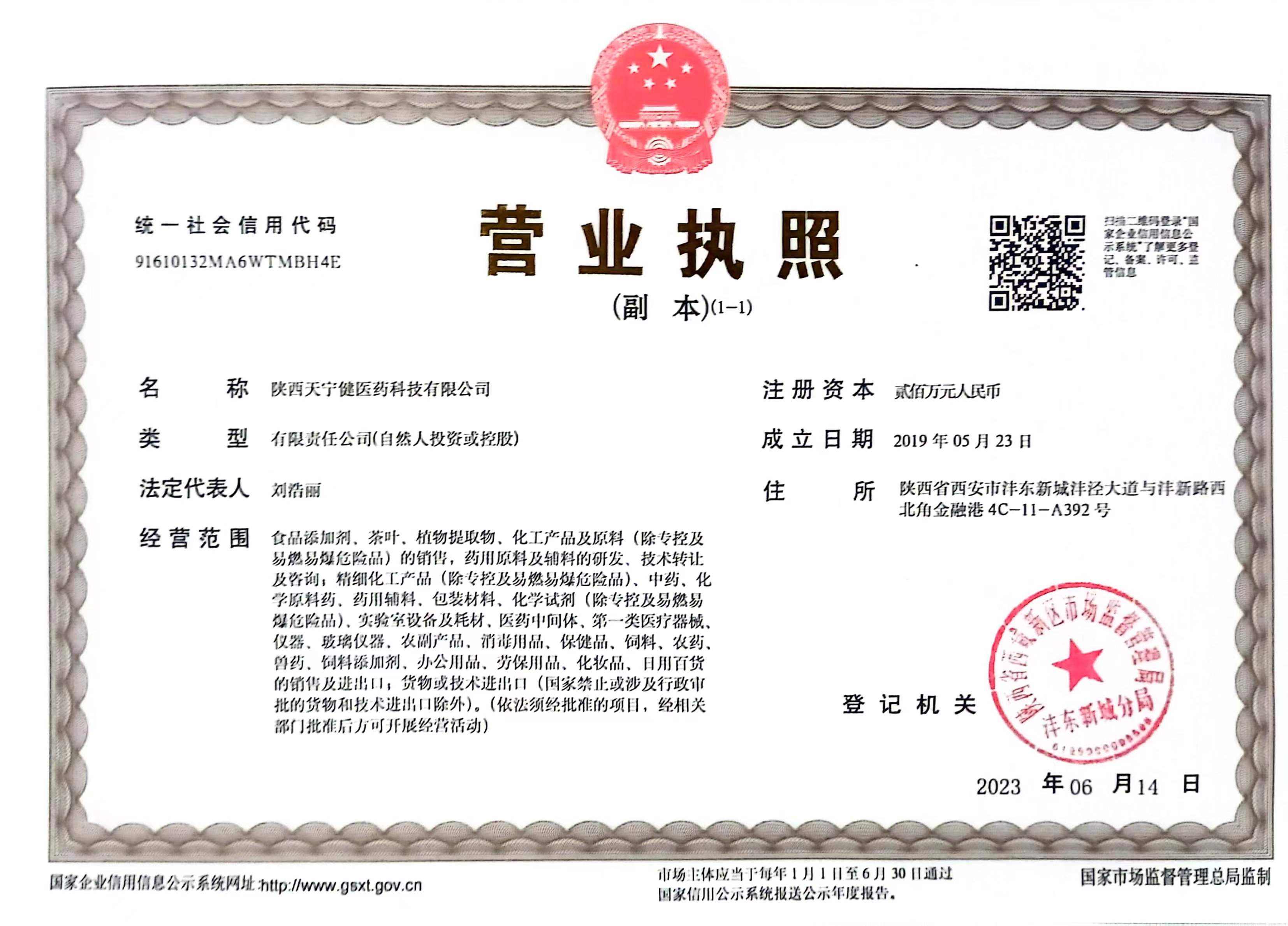
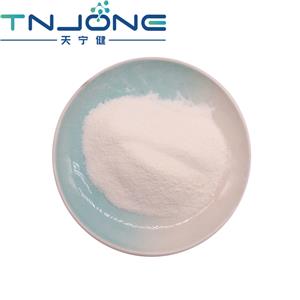


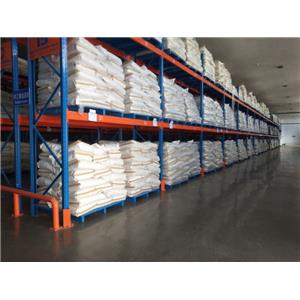


 China
China


